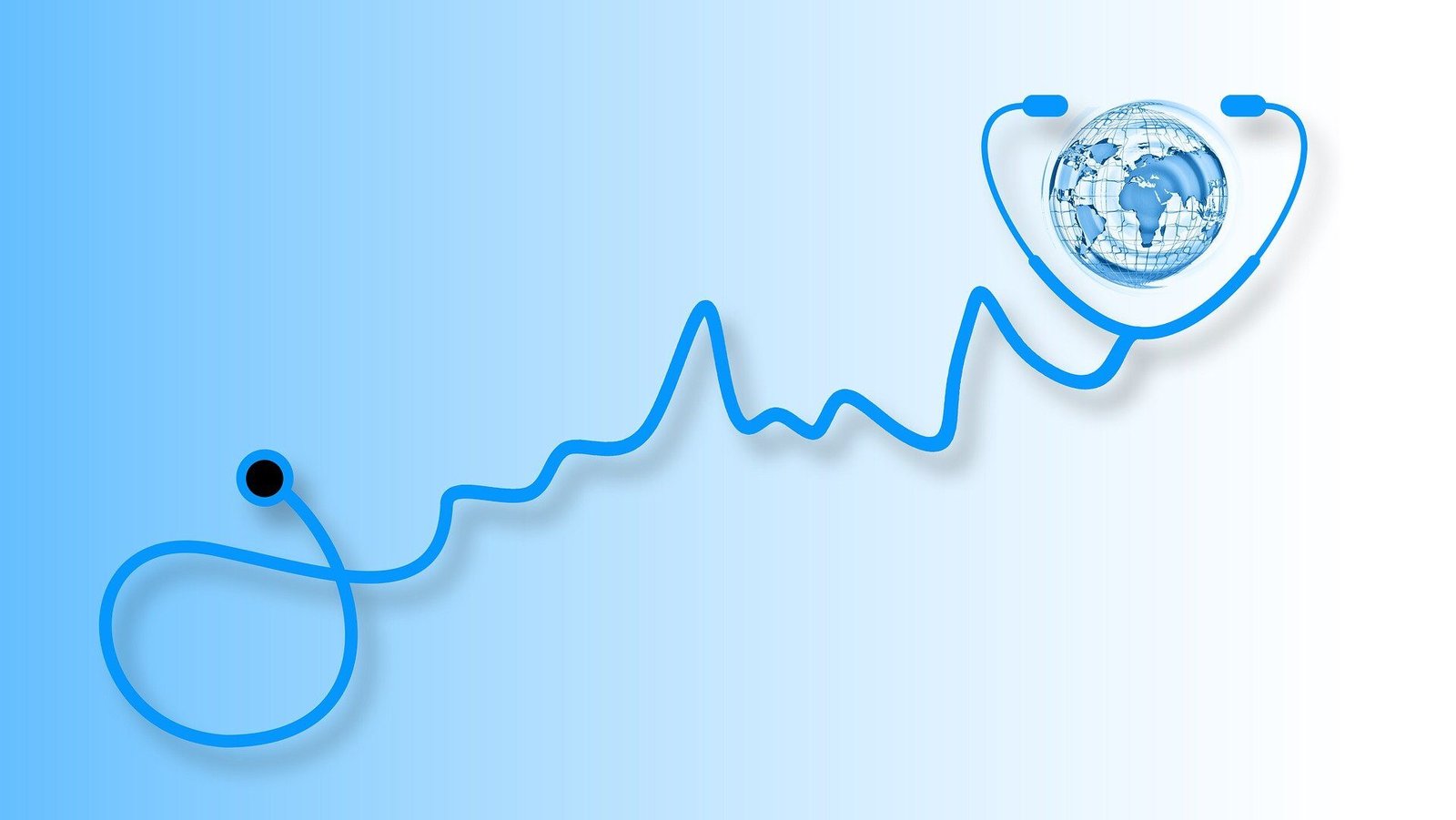In today’s complex healthcare landscape, the need for robust compliance programs has never been greater. Healthcare providers and organizations face stringent regulations, evolving legal requirements, and heightened enforcement actions. A strong healthcare compliance program helps mitigate risks, ensures adherence to regulations, and fosters a culture of integrity and ethical behavior within the organization. Here, we outline the key components of an effective healthcare compliance program.
1. Leadership and Governance:
A successful compliance program begins with strong leadership and governance. This involves:
- Executive Support: Commitment from the top, including the board of directors and senior management. They prioritize compliance and allocate necessary resources.
- Compliance Officer: Appointing a dedicated compliance officer who has the authority and independence to oversee the program.
- Compliance Committee: Establishing a compliance committee to support the compliance officer and ensure program oversight.
2. Written Policies and Procedures:
Clear, comprehensive policies and procedures are essential for guiding behavior and ensuring consistency. These should include:
- Code of Conduct: A foundational document outlining the organization’s commitment to compliance and ethical behavior.
- Specific Policies: Detailed policies addressing key risk areas such as privacy, billing, coding, and anti-kickback statutes. For more guidelines, refer to OIG Compliance Guidance.
3. Education and Training:
Ongoing education and training are critical to keeping staff informed about compliance requirements and ethical standards. This includes:
- Regular Training: Mandatory training sessions for all employees on relevant laws, regulations, and organizational policies.
- Role-Specific Training: Specialized training for staff in high-risk areas, such as billing and coding personnel.
4. Effective Communication:
Open lines of communication are vital for a robust compliance program. This can be achieved through:
- Hotlines and Helplines: Providing confidential ways for employees to report concerns or seek guidance.
- Regular Updates: Communicating compliance updates and reminders through newsletters, emails, and meetings.
5. Monitoring and Auditing:
Regular monitoring and auditing help detect and prevent compliance issues. Key activities include:
- Internal Audits: Conducting periodic audits to assess adherence to policies and identify potential risks.
- External Audits: Engaging third-party auditors to provide an independent review of the compliance program. Learn more about effective auditing practices from HIPAA Compliance Enforcement.
6. Enforcement and Discipline:
A strong compliance program must enforce policies and discipline violations consistently. This involves:
- Clear Disciplinary Actions: Defining and communicating disciplinary actions for non-compliance.
- Consistent Enforcement: Applying disciplinary measures fairly and consistently across the organization.
7. Response and Prevention:
When compliance issues arise, a prompt and effective response is crucial. This includes:
- Investigations: Conducting thorough investigations of reported violations.
- Corrective Actions: Implementing corrective actions to address and prevent recurrence of compliance issues.
A robust healthcare compliance program is essential for mitigating risks and ensuring regulatory adherence. By focusing on leadership, clear policies, education, effective communication, monitoring, enforcement, and swift response, healthcare organizations can foster a culture of compliance and integrity.




